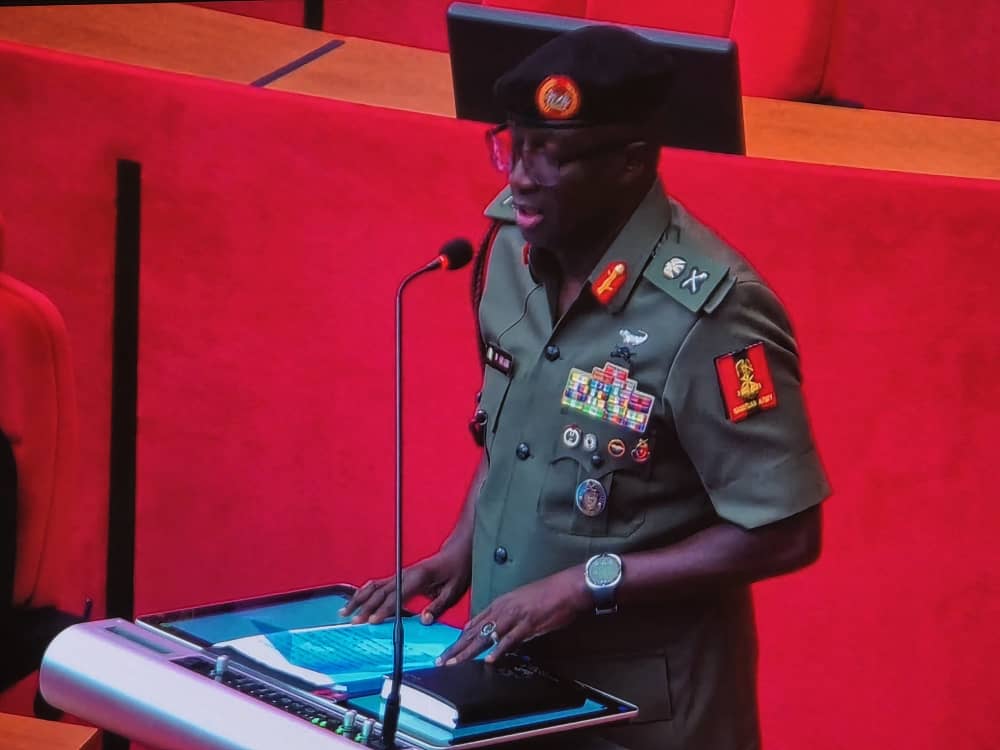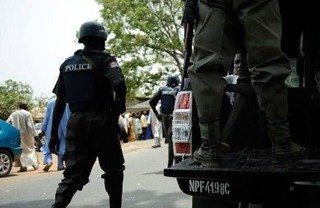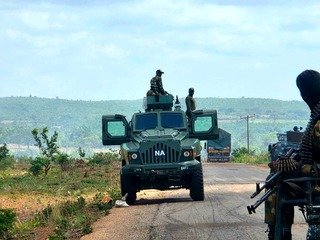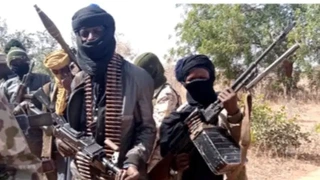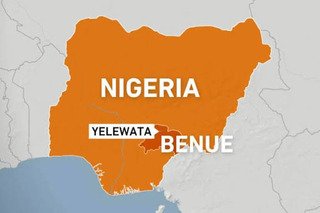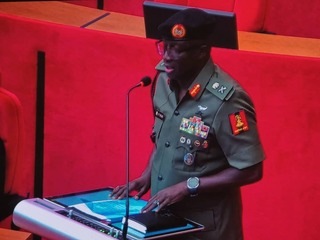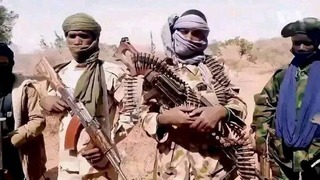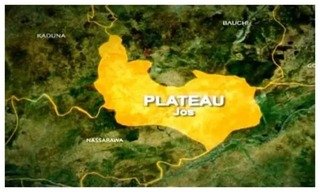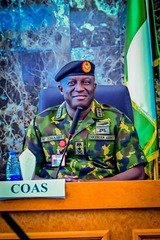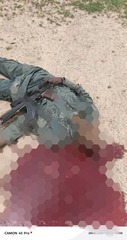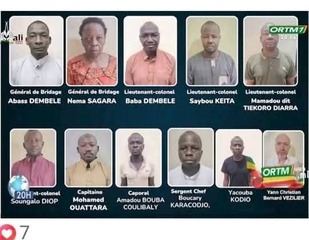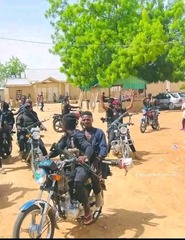New COAS vows to tackle insecurity with technology, welfare reforms, and special forces training
By: Zagazola Makama
The newly appointed Chief of Army Staff (COAS), Maj.-Gen. Waidi Shuaibu, on Tuesday unfolded an ambitious plan to tackle Nigeria’s security challenges through a blend of technology, improved troop welfare, intelligence coordination, and specialized training.
Speaking before the hallowed chamber of the Nigerian Senate during his screening session, the general displayed a deep understanding of Nigeria’s complex security landscape particularly the intertwined threats of terrorism, insurgency, and banditry ravaging the North-East and North-West regions.
Responding to questions from members of the upper legislative house, Shuaibu outlined his vision for a “multi-domain and multi-agency approach” that would blend technology, intelligence, and human capability in combating the evolving threats.
“The adversarial threats that cross the North-West and North-East require a multifaceted approach across all domains of operation,” he said firmly, as senators listened attentively.
“We intend to leverage technology to improve our night-fighting capability and train more special forces to dominate all terrains — from mountain ranges to forests, both day and night.”
According to him, most insurgent attacks in the North-East are launched between midnight and the early hours of the morning. To counter this, he said, the Army would enhance its surveillance and night operation capacity through advanced optics, thermal imaging, and drone-based reconnaissance systems.
Our goal is to ensure that our troops can operate effectively at any hour,” he added. “We will leverage intelligence and inter-agency collaboration to preempt and disrupt attacks before they occur.”
Beyond strategy and firepower, Maj.-Gen. Shuaibu emphasized the centrality of morale and welfare in sustaining military operations. He pledged to pursue a holistic reform of soldiers’ welfare that would encompass housing, healthcare, education, and financial benefits.
“The moral component of fighting power is as critical as the physical,” he said. “We intend to enhance the living and working conditions of our troops by ensuring timely payment of allowances, improving healthcare for personnel and their families, and providing educational support for their children.”
He disclosed plans to review existing welfare schemes to ensure soldiers wounded in action and families of fallen heroes receive prompt and adequate support. He also promised to strengthen housing and career development programmes to motivate troops and retain skilled personnel.
When questioned by Senator Mohamed Aliou about the persistent insecurity in the North-West, often referred to as the “Lakurawa Challenge,” Shuaibu spoke with the confidence of a man who has studied and operated within the terrain.
“I am fully aware of the Lagora Challenge,” he stated. “Through improved training, tactical re-evaluation, and deployment of special operations units, we will confront that menace head-on. Our focus is on intelligence-led operations and swift insertion-and-strike capabilities to neutralize bandit enclaves.”
He revealed that the Army would conduct assessment visits to critical flashpoints, enhance local intelligence networks, and foster cooperation with community security structures and traditional leaders.
The COAS also spoke about the ongoing deradicalisation and reintegration efforts for repentant insurgents. He cited the example of the National Street Corridor in Gombe State, where former combatants are being rehabilitated and equipped with vocational skills.
Our goal is to make them viable members of society again,” he explained. “We are connecting them back to their communities through dialogue and partnership with local leaders. I urge distinguished senators from affected areas to help in sensitising their people to accept these individuals who have chosen the path of peace.”
Addressing questions from the Senate President on funding and logistics, Shuaibu stressed prudent resource management as key to achieving efficiency without compromising security objectives.
We will maximize available resources through proper planning and accountability,” he said. “But security is non-negotiable we will continue to engage with relevant authorities to strengthen logistics and ensure that our troops at border outposts receive timely supplies of arms, ammunition, and essentials.”
Maj.-Gen. Shuaibu’s presentation left senators with a sense of renewed optimism. His blend of tactical experience, academic depth, and pragmatic outlook underscored a clear direction for the Nigerian Army under his leadership — one anchored on modernization, professionalism, and inter-agency collaboration.
“We will build an Army that is not only strong in combat but smart in strategy,” he concluded. “With technology, intelligence, and welfare-driven motivation, we will restore peace and stability across Nigeria.”
As the session drew to a close, the Senate President commended his clarity of purpose and experience, describing his address as “the roadmap of a soldier-scholar who understands both the battlefield and the boardroom.”
For many Nigerians watching, Maj.-Gen. Shuaibu’s words may well mark the beginning of a new chapter in the country’s long fight against insecurity.

